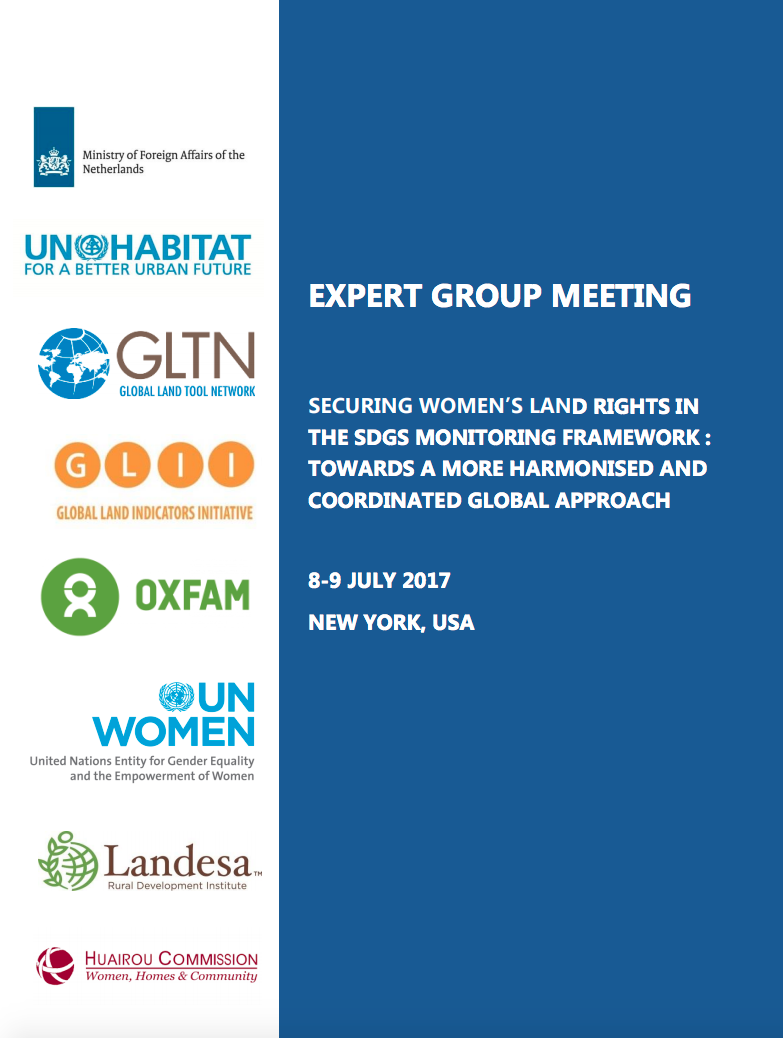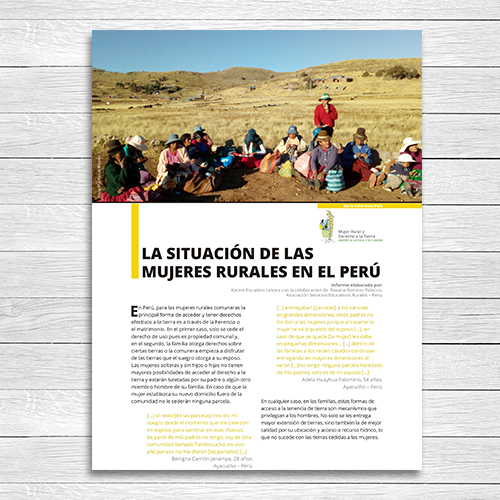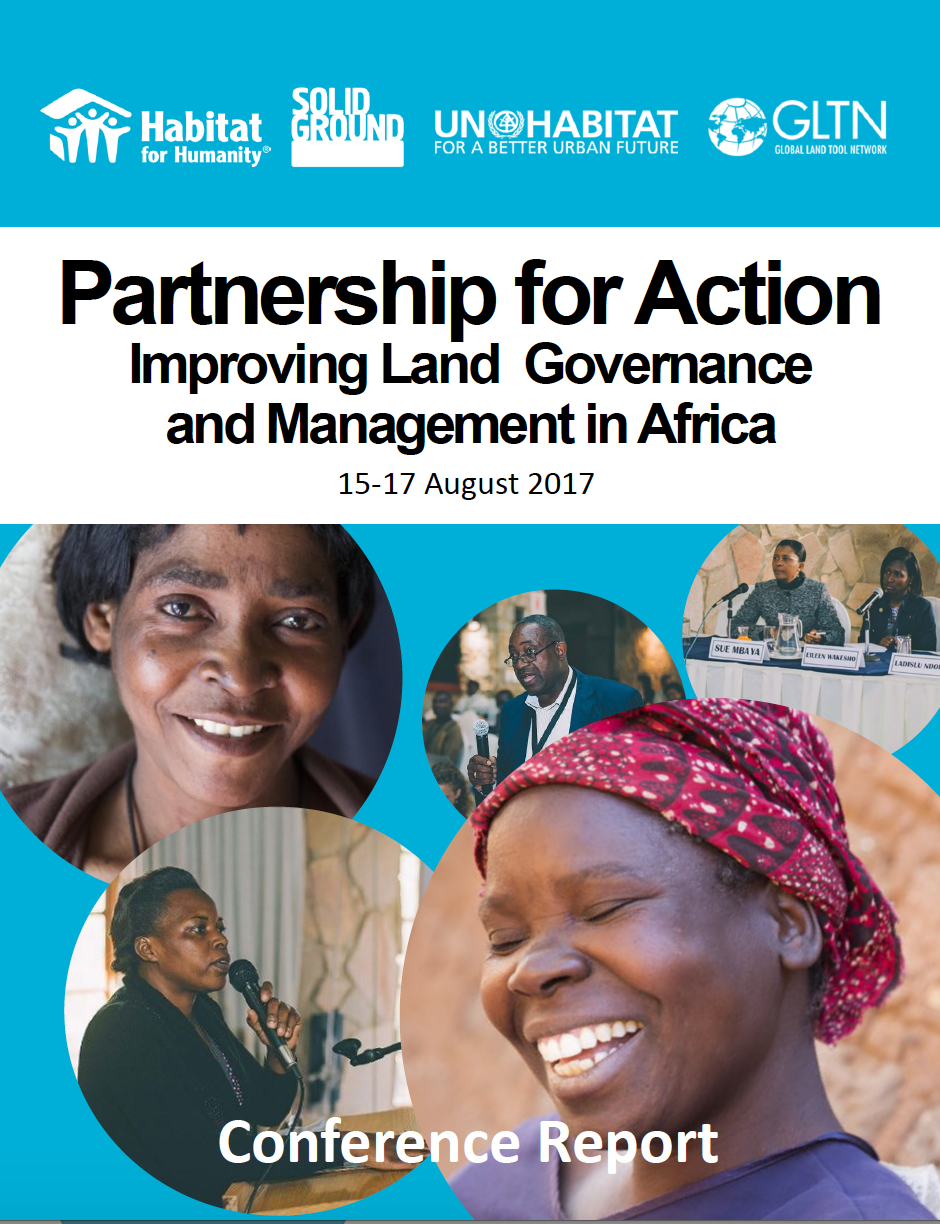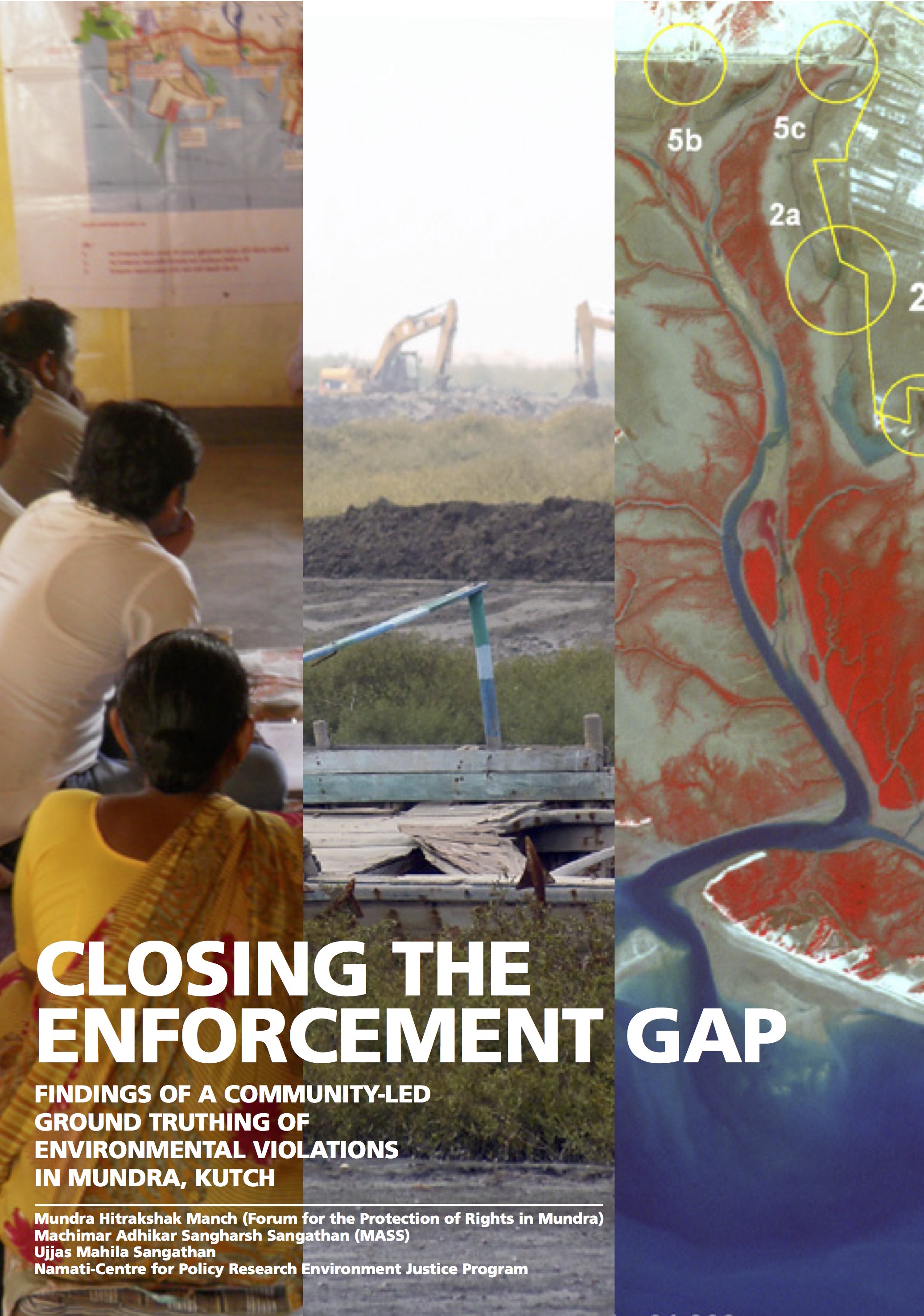Expert Group Meeting: Securing Women's Land Rights In The SDGs Monitoring Framework
This Expert Group Meeting (EGM1 ) was convened with the purpose of examining land indicators in the Sustainable Development Goals (SDGs) and promoting meaningful and harmonised approaches to monitoring women’s land rights (WLR)2 . It was convened by the Global Land Indicators Initiative (GLII) of the GLTN, UN Habitat, and Oxfam with inputs and assistance from Landesa, UN Women and Huairou Commission as part of a process of work on the development of methodologies for the land related SDG indicator monitoring.





